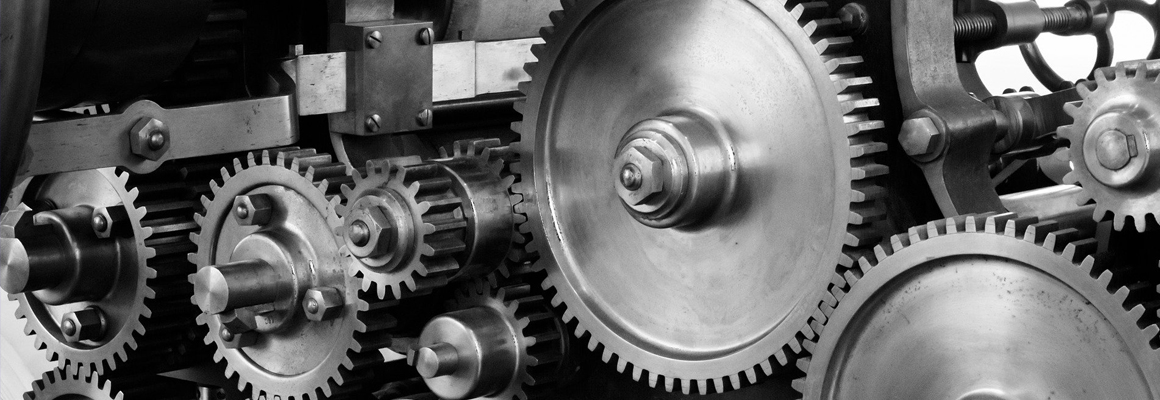Understanding the Refrigeration Compressor Working Principle Explained Simply
Sep. 10, 2025
Refrigeration systems are essential in various industries, from food preservation to HVAC (Heating, Ventilation, and Air Conditioning) applications. A critical component of these systems is the refrigeration compressor, which plays a vital role in the cooling cycle. Understanding its working principle not only enhances operational efficiency but also enables users to optimize their refrigeration setup.
Are you interested in learning more about refrigeration compressor working principle? Contact us today to secure an expert consultation!
At the core of a refrigeration compressor's functionality is the thermodynamic cycle it operates within, commonly known as the vapor-compression refrigeration cycle. This cycle consists of four main stages: evaporation, compression, condensation, and expansion. The compressor's role primarily focuses on the compression stage, where the refrigerant gas is pressurized.
The compressor typically consists of several key components: a motor, cylinders, pistons, and valves. The motor drives the entire system, generating the necessary power to compress the refrigerant gas. The cylinders house the pistons, which move up and down to compress the refrigerant. This compression process increases the refrigerant's pressure and temperature, transforming it from a low-pressure gas into a high-pressure gas. During this stage, the valves control the flow of refrigerant, ensuring that gas enters and exits the cylinders as required for efficient operation.
One of the major advantages of refrigeration compressors is their ability to enhance the efficiency of cooling cycles. By diligently compressing the refrigerant, they facilitate a more substantial temperature differential between the evaporator and condenser. This allows for more effective heat absorption in the evaporator and heat rejection in the condenser, ensuring a more efficient cooling process. Notably, advanced designs, such as variable speed compressors, adapt their operating speed based on the cooling demand, resulting in further energy savings and a minimized carbon footprint.
Further reading:Solving Common Inverter Heat Pump Challenges: Expert Solutions for Buyers
The precision and reliability of refrigeration compressors also stand out, particularly in industrial applications. Many systems require strict temperature control to preserve sensitive materials, such as pharmaceuticals or perishable food items. Compressors that utilize advanced controls and sensors can precisely regulate pressure and temperature, ensuring that the refrigeration system operates within safe parameters. This reliability not only preserves product quality but also helps mitigate spoilage and waste, contributing to operational cost savings.
Flexibility in production processes is another highlighted benefit of modern refrigeration compressors. In various sectors, such as food processing and manufacturing, the need for adjustable cooling capacities is crucial. Compressors designed with multi-stage capabilities or modular configurations can adjust their output based on the specific demands of the operation. This adaptability offers industries greater control over their processes, allowing for more efficient use of energy and resources while ensuring that cooling requirements are met without excess energy expenditure.
As we look towards the future, the refrigeration compressor continues to evolve with technological advancements, especially in terms of energy efficiency and sustainability. With a global focus on reducing greenhouse gas emissions, innovations such as eco-friendly refrigerants and intelligent controls that optimize compressor operation are gaining traction. These trends suggest an ongoing commitment within the industry to develop compressors that not only meet performance expectations but also prioritize environmental impact.
In conclusion, comprehending the working principles of refrigeration compressors is vital for anyone involved in industries reliant on effective cooling solutions. Their design features, including efficiency optimization, accuracy, and flexibility, make them indispensable in modern cooling systems. To harness the full potential of refrigeration technology, stakeholders should consider investing in advanced compressor systems that align with their operational needs while also contributing to environmental sustainability. Businesses should take action now to evaluate their refrigeration systems and explore upgrades, ensuring they remain at the forefront of energy-efficient practices.
Want more information on zr125kce? Feel free to contact us.
180
0
0
All Comments (0)
Previous: R290 Heat Pump Cost: Comparing Efficiency vs Traditional Systems
Next: Solving Common Inverter Heat Pump Challenges: Expert Solutions for Buyers
If you are interested in sending in a Guest Blogger Submission,welcome to write for us!




Comments